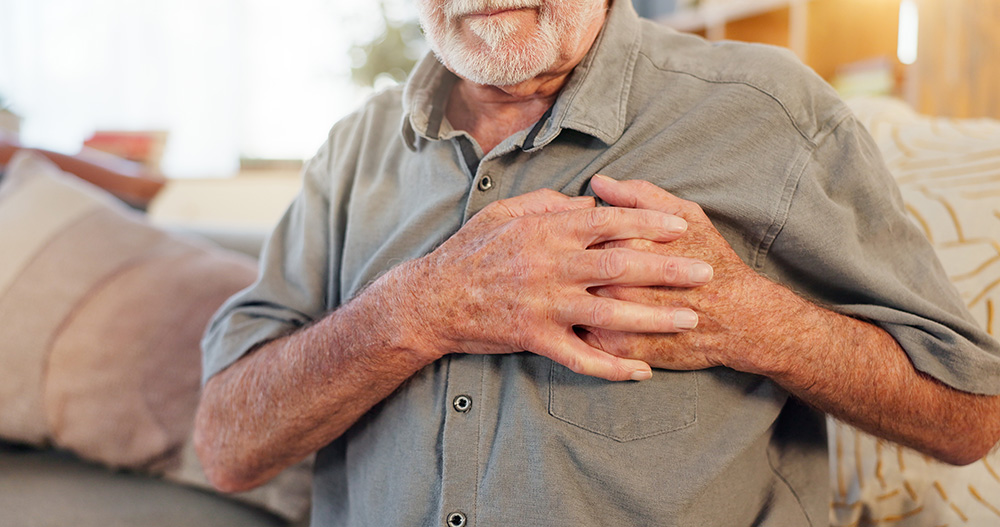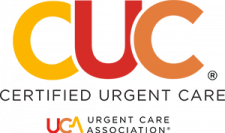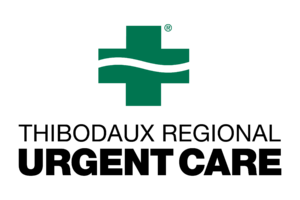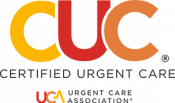A heart attack is a life-threatening event and shouldn’t be taken lightly. But what symptoms should you watch for? What should you do if you or someone else is having a heart attack? Knowing the early warning signs of a heart attack is a critical part of being prepared to handle this life-changing event.
At Thibodaux Regional Urgent Care, your wellness is our priority. Being equipped with the knowledge you need to respond to medical emergencies is an essential part of wellness.
If you’re experiencing chest pain, pressure, or tightness, or pain spreading to your neck, jaw, arm, or back, call 911 to get emergency help.
What Is a Heart Attack?
A heart attack (myocardial infarction) occurs when one or more of the arteries that supply blood to your heart becomes partially or fully blocked. This deprives part of your heart muscle of essential oxygen, resulting in tissue damage or death.
The blockage in a heart attack is usually caused by a plaque, a buildup of cholesterol-containing, fatty deposits. When a plaque ruptures, a clot can form, resulting in a heart attack.
Am I Having a Heart Attack? Five Early Warning Signs
Knowing the warning signs of a heart attack can help you get the treatment you need, for yourself or a loved one.
Chest Pain (Angina)
Chest pain or discomfort associated with a heart attack often has certain characteristics:
- Crushing or heavy.
- Squeezing or tight.
- Aching.
- Pain may be constant or come and go.
Chest pain, or angina, may start some time before you have a heart attack. Pain that comes and goes but isn’t relieved by rest may be an early warning sign of an impending heart attack.
Shortness of Breath
A sensation of shortness of breath can accompany a heart attack. It may or may not be accompanied by chest pain.
Neck, Jaw, or Back Pain
It’s common for the pain associated with a heart attack to radiate to other parts of your body, including your neck, jaw, or back. This sensation can resemble the discomfort of heartburn (acid reflux). Some people who have a heart attack may think they are only experiencing indigestion.
Shoulder or Arm Pain
Pain in your shoulder or arm can also be a heart attack symptom. Though the left arm is often associated with heart attack pain, pain in the right arm or both arms is possible.
Dizziness, Nausea, or Vomiting
Though many people may not associate dizziness, nausea, or vomiting with a heart attack, they are common symptoms.
Signs of a Heart Attack: What to Do
If you notice the signs of a heart attack or observe someone else having what appears to be a heart attack, call 911 immediately. Avoid driving yourself or someone else to an emergency room (ER). If you are having a heart attack, you may lose consciousness. Trained paramedics in an ambulance can begin treating your heart attack and provide life-saving measures if needed while safely transporting you to an ER.
After calling 911, take an aspirin if suggested by emergency medical personnel or your provider. If you’ve been prescribed nitroglycerin for angina, take one as instructed while waiting for help to arrive.
If you see someone who has lost consciousness and may be having a heart attack, call 911 and then determine if the person is breathing or has a pulse. If they aren’t breathing or you can’t feel a pulse, you can begin cardiopulmonary resuscitation (CPR). If you aren’t trained in CPR, you can perform hands-only CPR by pushing hard and fast in the center of their chest. If you’re trained in CPR, you can begin CPR beginning with chest compressions and follow your training.
Heart Attack Warning Signs: Men vs. Women
Men and women can experience different symptoms while having a heart attack. Men are more likely to experience classic heart attack symptoms like chest pain or discomfort or a feeling of indigestion. Women may experience somewhat different symptoms, including fatigue, shortness of breath, nausea and vomiting, or pain in their back, abdomen, or shoulders.
Going to an ER vs. Urgent Care for a Heart Attack
An urgent care like Thibodaux Regional Urgent Care is an excellent choice for many non-life-threatening conditions, including fevers, asthma, flu, cuts, minor fractures, dehydration, urinary tract infections, and many more.
If you are experiencing the symptoms of a life-threatening condition like a heart attack, however, you need medical attention in an emergency room (ER). An ER is equipped with the diagnostic equipment, critical IV medications, and life support capabilities that are essential if you are having a heart attack. You may need a heart catheterization to open up a blocked coronary artery, a service typically available in a hospital setting.
Early Warning Signs of a Heart Attack: Minutes Matter
If you or a loved one are experiencing warning signs of a heart attack, don’t hesitate to call 911. Early diagnosis and treatment are critical and can decrease heart muscle damage and improve your chances of survival.
Thibodaux Regional Urgent Care is your trusted home for high-quality urgent care in the Greater Thibodaux, LA area. Visit any of our three convenient locations for your urgent health care needs.




